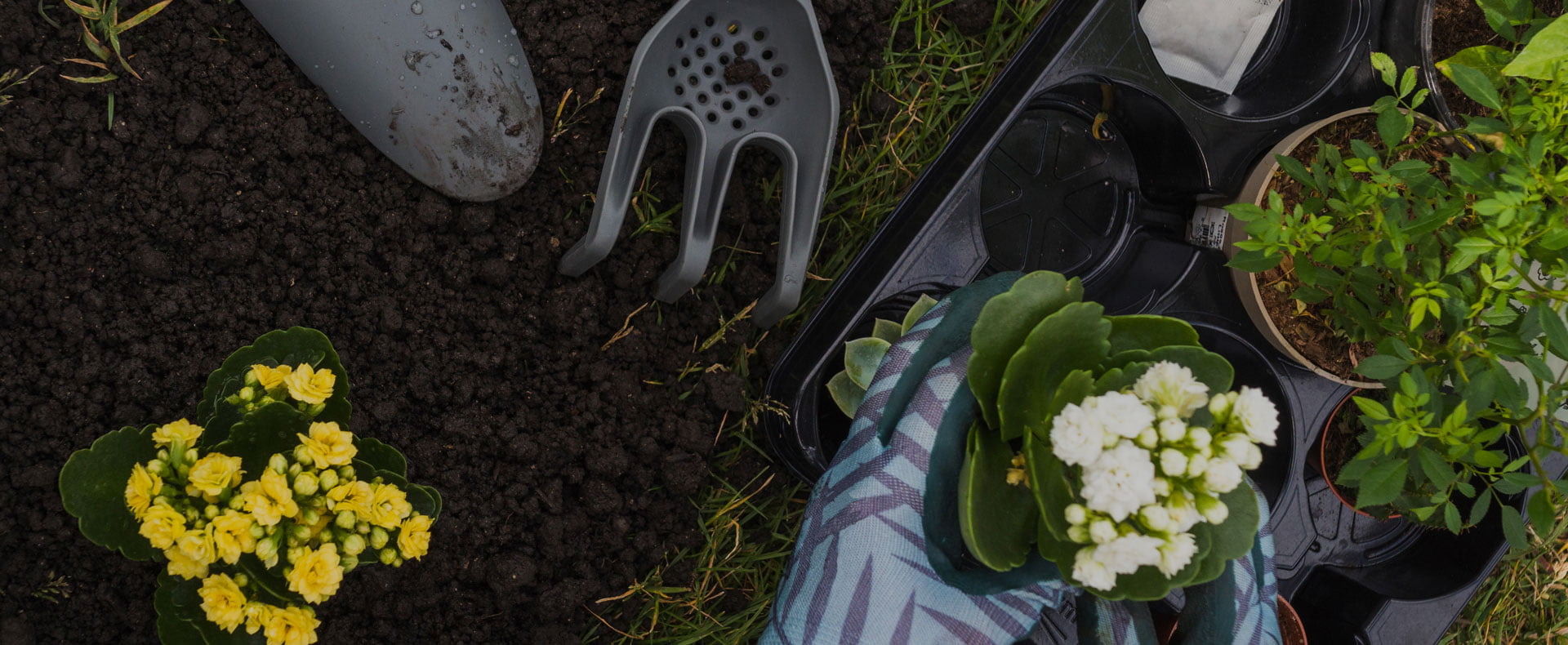
Creating Nutrient-Rich Compost for Your Garden
Composting is a simple and eco-friendly way to transform kitchen and garden waste into nutrient-rich organic matter that enhances soil fertility and promotes healthy plant growth. As a gardener, you can harness the power of composting to reduce waste, conserve resources, and cultivate a thriving garden. In this beginner-friendly guide, we will walk you through the steps to create compost from kitchen and garden waste, making the process easy and rewarding.
Why Compost?
Composting offers numerous benefits for both your garden and the environment:
Soil Enrichment
Compost adds essential nutrients to the soil, improving its structure, water retention, and nutrient-holding capacity.
Waste Reduction
Composting diverts kitchen scraps and yard waste from landfills, reducing greenhouse gas emissions and the need for synthetic fertilizers.
Sustainable Gardening
By recycling organic materials to create compost, you promote sustainable gardening practices that support the natural ecosystem.
Getting Started with Composting
Choose a Composting Method
There are various composting methods to suit your space and lifestyle:
Backyard Composting
Compost in a designated area in your garden using a compost bin or heap.
Indoor Composting
Use a worm bin or Bokashi composting system for composting kitchen scraps indoors.
What to Compost
You can compost a wide range of organic materials, including:
Kitchen Scraps
Fruit and vegetable peels, coffee grounds, eggshells, tea bags, and crushed nutshells
Yard Waste
Leaves, grass clippings, twigs, and small pruned branches.
Cardboard and Paper
Shredded cardboard, newspaper, and unbleached paper towels.
Avoid composting meat, dairy, oily foods, pet waste, and diseased plants, as these can attract pests or introduce pathogens.
Layering and Balance
For successful composting, aim for a balance between “green” nitrogen-rich materials (e.g., kitchen scraps) and “brown” carbon-rich materials (e.g., leaves and cardboard). Layer these materials in your compost pile or bin to ensure proper decomposition.
Water and Aeration
Moisten the compost pile to achieve a damp sponge-like consistency. Turn the compost regularly with a pitchfork or compost turner to provide oxygen for the decomposition process.
Patience and Time
Composting is a natural process that takes time. Depending on the composting method and conditions, it may take several months to a year for the compost to mature fully.
Signs of Ready-to-Use Compost
When the compost turns dark, crumbly, and earthy-smelling, it is ready to use. Sieve the compost to remove any large or un-composted materials before adding it to your garden.
Tips for Successful Composting:
Designing your flower garden is an exciting step that allows you to unleash your creativity. Consider the following aspects:
- Chop or shred large materials to speed up decomposition.
- Add a layer of finished compost or garden soil to introduce beneficial microorganisms.
- Avoid compacting the compost pile to allow air circulation.
- Monitor the moisture level regularly and adjust as needed.
Creating nutrient-rich compost for your garden is an easy and rewarding practice that benefits both your plants and the environment. By composting kitchen and garden waste, you enrich your soil with essential nutrients, reduce waste, and promote sustainable gardening. Follow this beginner-friendly guide and tips for successful composting, and you’ll be well on your way to producing a valuable resource that will nourish your garden, support healthy plant growth, and contribute to a greener and more sustainable world. Start composting today, and watch your garden thrive with the natural power of compost!



